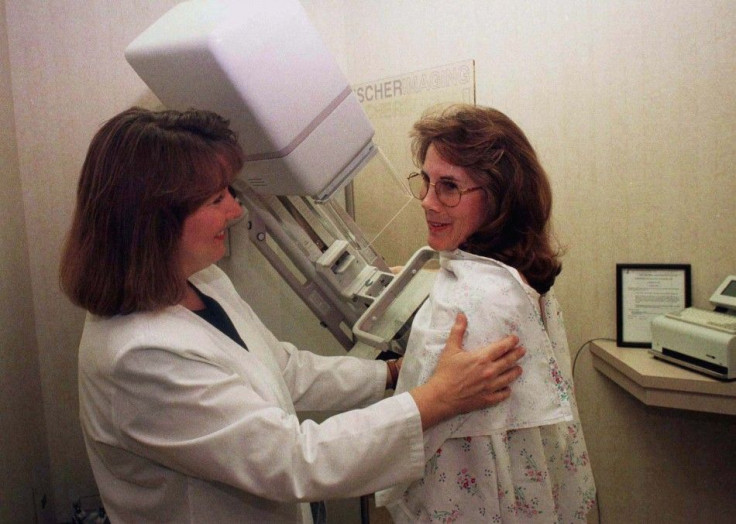Breast Cancer Survivors May Suffer Negative Side Effects From Acid Reflux Drugs

KEY POINTS
- Acid reflux medicines may have an effect on breast cancer survivors
- The medication can impact cognitive function
- New study reveals the connection
Acid reflux medicines prescribed to breast cancer patients may have side effects such as poorer memory and concentration.
According to research conducted by New Ohio State University, there is a connection between the use of proton pump inhibitors (PPIs) and cases of issues with memory and concentration. Cognitive impairment recorded in PPI users were between 20 and 29 percent graver than problems expressed by non-PPI users.
PPIs help reduce the production of acid by blocking the enzyme that makes acid in the stomach. Popular PPI brands are Prevacid, Prilosec, and Nexium, Science Daily reported.
Data from three Ohio State clinical trials researching fatigue, response to a vaccine, and yoga mediation were taken for this study. The patients revealed the use of over-the-counter medicines and shared the cognitive symptoms over the period of time.
Different factors that could impact cognition, like categories of cancer treatments, age, other illnesses or depression, and education, were taken into consideration. The researchers revealed that the use of PPI hinted more intense memory and concentration issues and lower quality of life pertaining to damaged cognition.
“The severity of the cognitive problems reported by PPI users in this study was comparable to what patients undergoing chemotherapy had reported in a large observational study,” Annelise Madison, first author of the study, said.
Madison mentioned that non-PPI users also reported problems pertaining to cognition, however, their improvement rate was faster. “Based on what we're seeing, we don't know if PPI users might not be able to fully recover cognitively after chemotherapy. It's an area for further investigation,” Madison added.
She remarked that, if breast cancer survivors take PPIs, there could be effects on their cognitive function as they are already at risk for cognitive impairment. Madison studied data collected from 551 women and 88 of whom were using PPIs. She said, in her study, that there is a connection between cognitive issues and the use of PPI in breast cancer survivors. In order to ascertain any casual effect, a clinical trial controlling the dosage of PPI and collecting cognitive data is needed.
© Copyright IBTimes 2025. All rights reserved.





















